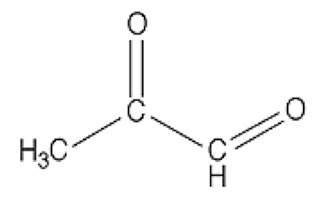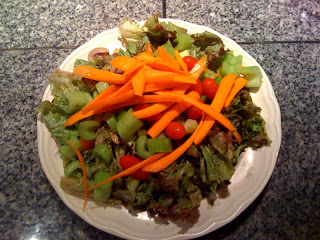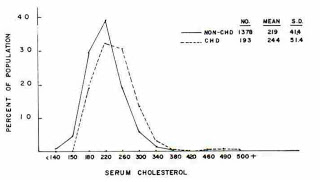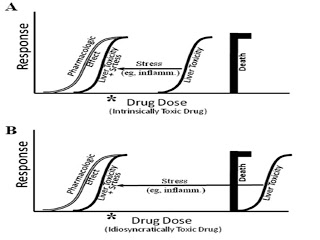Dr. William Davis, Milwaukee-based “preventive cardiologist” and Medical Director of the Track Your Plaque program, argues in his new book, Wheat Belly: Lose the Wheat, Lose the Weight, and Find Your Path Back to Health, that “somewhere along the way during wheat’s history, perhaps five thousand years ago but more likely fifty years ago, wheat …






